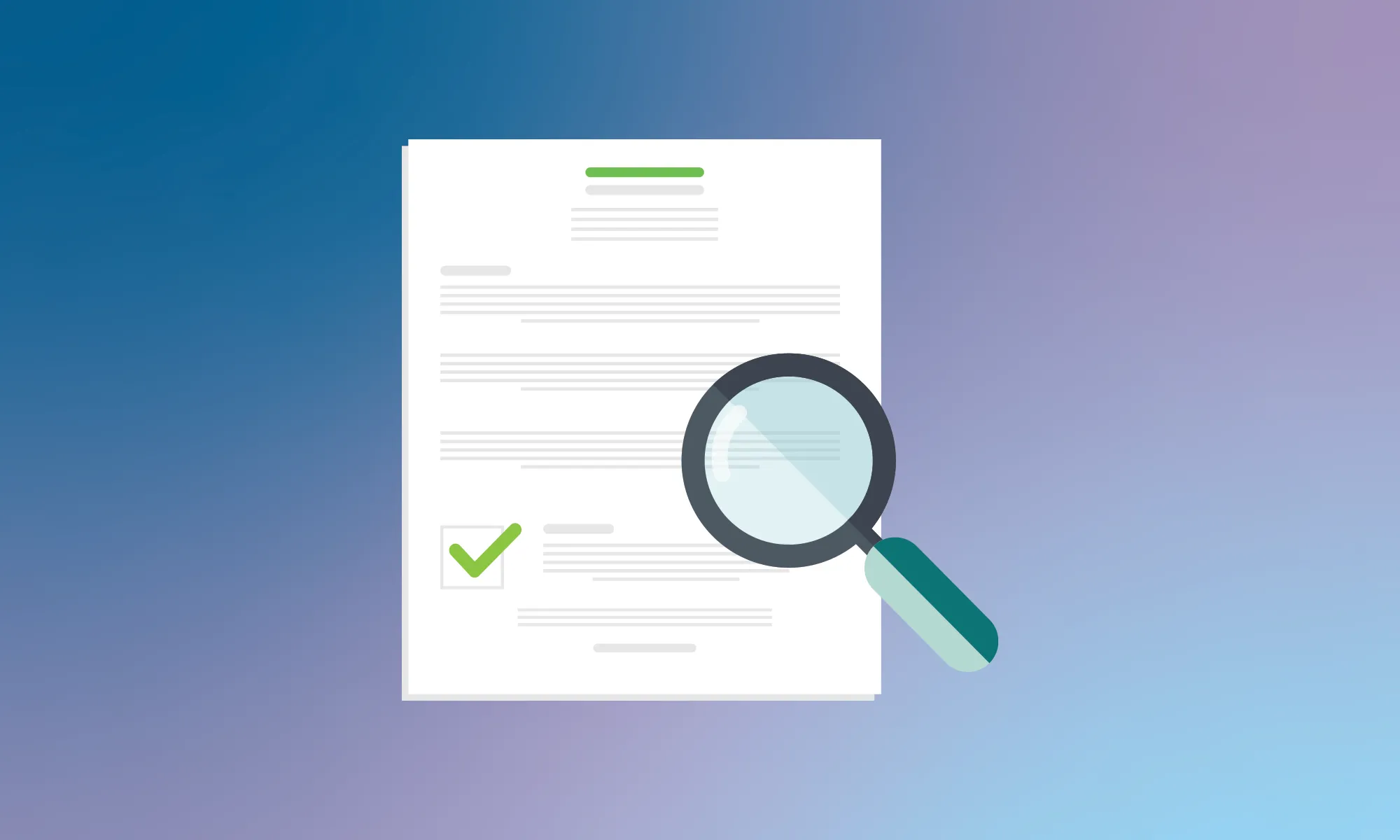Chile
E-invoicing Guide
Summary
E-Invoicing
B2B, B2G and B2C e-invoicing is mandatory
Digital Reporting
Yes
Chile Electronic Invoicing and Digital Reporting Requirements
Background
Mandatory B2B e-invoicing was introduced in phases, starting with large taxpayers in 2014, and it became mandatory for all taxpayers in 2018. E-invoicing was extended to B2C transactions in 2021.
What Types of Businesses Does This Apply to?
Mandatory electronic invoicing applies to all taxpayers except for:
- taxpayers under the simplified registration regime or;
- taxpayers whose transactions are carried out in geographical areas without mobile data connection or electricity.
Governmental Body Responsible for E-invoicing in Chile
All e-invoicing information can be found on the SII’s website including legislation, technical guides and FAQs.
Penalties for Not Adhering to Chile's E-invoice Mandates
Chile has 4 categories of penalties:
- Severe - e.g. Not issuing invoices or issuing without clearance from the SII The first time an offense is committed, the penalty will be 300% of the transaction value with a minimum of 2 UTM and a maximum of 120 UTM.
- Less Severe - e.g. Issuing invoices with incorrect amounts The first time an offense is committed, the penalty will be 150% of the transaction value with a minimum of 2 UTM and a maximum of 12 UTM.
- Light - e.g. Issuing invoices without details of the goods/services The first time an offense is committed, the penalty will be 50% of the transaction value with a minimum of 2 UTM and a maximum of 40 UTA.
- Extremely light - e.g. Issuing invoices with an error in the seller’s or buyer’s data
To compute the tax penalties Chile uses a specific unit measurement that is geared to inflation:
- UTM (Unidad Tributaria Mensual or Monthly Tax Unit): A unit defined in Chile that corresponds to an amount of money expressed in pesos and determined by law, which is permanently updated by the Consumer Price Index (CPI) and is used as a tax measure.
- UTA (Unidad Tributaria Anual or Annual Tax Unit): Corresponds to the monthly tax unit in effect in the last month of the respective commercial year, multiplied by twelve or by the number of months comprising the commercial year in question.
What does the e-invoicing process in Chile look like?
- Register with the SII and obtain a Digital Certificate from a certified provider.
- Issue an invoice from your ERP system and generate it in an XML format with the required invoice data.
- Digitally sign the XML and send it to the SII’s e-invoicing system.
- Once the invoice is accepted by the SII, it must be sent to the buyer.
- The buyer has 8 days to accept or reject the invoice. After 8 days, the invoice is presumed accepted.
Is SAF-T Needed in Chile?
No.
E-Invoicing & Global Tax Automation with Fonoa
One way to comply with Digital Reporting Requirements in Chile is to use a provider like Fonoa.
With Fonoa you can:
- Have one integration for your global needs, including Chile
- Save time and money by automatically cleaning your data to minimize errors and manual work
- Utilize our validation mechanisms to ensure reporting accuracy, data completeness, full control, and compliance
- Rest assured that transactions are successfully reported or queued for internal investigation with our retry mechanisms
- Get full visibility with our dashboards by filtering criteria, analyzing granular transaction data, and quickly importing /exporting information
Disclaimer on Tax Advice
Fonoa does not provide professional tax opinions or tax management advice specific to the facts and circumstances of your business and that your use of the Specification, Site, and In addition, due to rapidly changing tax rates and regulations that require interpretation by your qualified tax professionals, you bear full responsibility to determine the applicability of the output generated by the Specification and Services and to confirm its accuracy. No professional tax opinion and advice. Fonoa does not provide professional tax opinions or tax management advice specific to the facts and circumstances of your business and that your use of the Specification, Site, and In addition, due to rapidly changing tax rates and regulations that require interpretation by your qualified tax professionals, you bear full responsibility to determine the applicability of the output generated by the Specification and Services and to confirm its accuracy.










